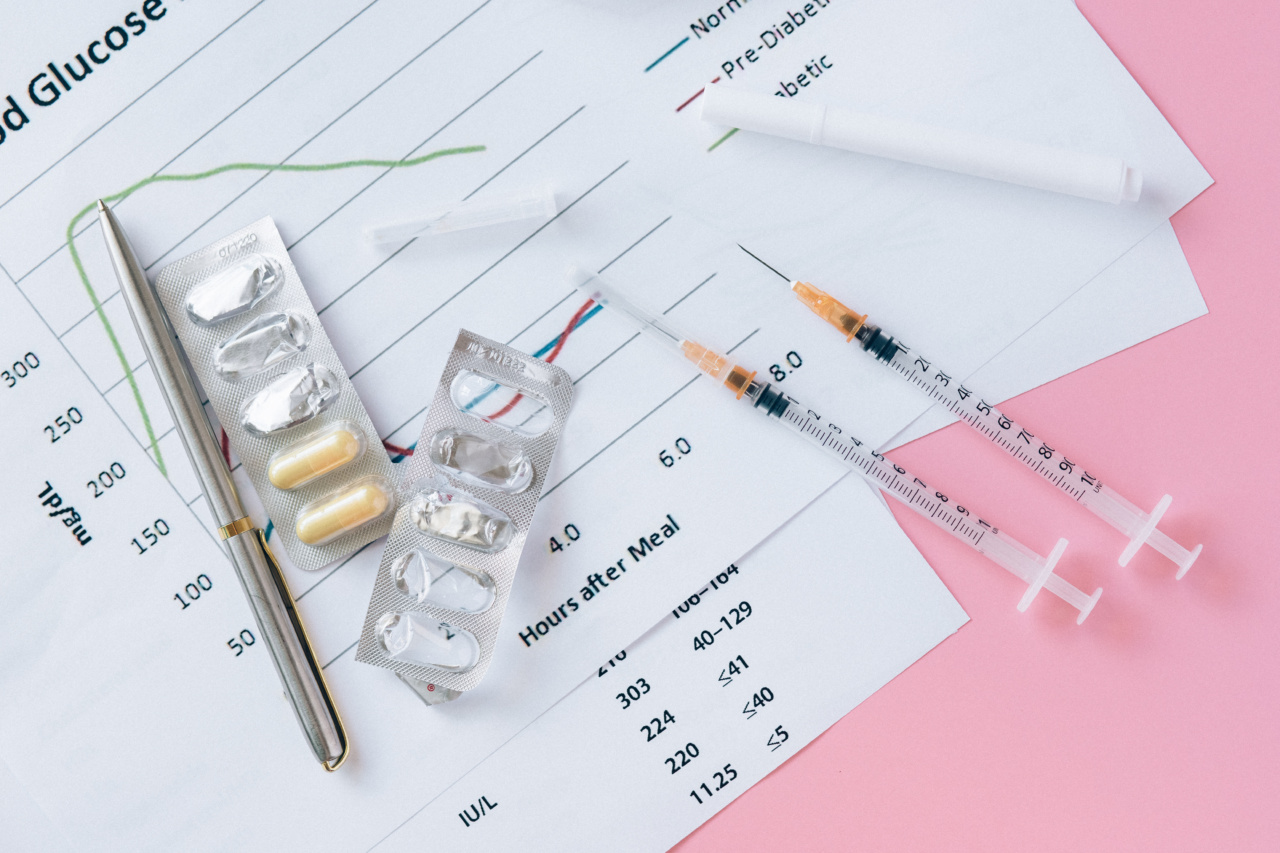Proper nutrition plays a crucial role in maintaining heart health and achieving blood sugar balance.
By focusing on a balanced diet consisting of nutrient-dense foods, individuals can prevent the risk of heart disease and maintain stable blood sugar levels. This article will discuss the key dietary principles and recommended foods for promoting heart health and blood sugar balance.
1. Importance of Heart Health
The heart is a vital organ responsible for pumping blood throughout the body. Maintaining heart health is crucial for overall well-being and longevity.
Heart disease, including conditions like hypertension, heart attacks, and strokes, is a leading cause of death globally. Poor nutrition and unhealthy lifestyle choices significantly contribute to the development of heart disease.
2. Factors Influencing Heart Health
Several factors can impact heart health, including genetics, age, smoking, physical inactivity, high blood pressure, obesity, and poor diet.
While individuals cannot control certain risk factors, such as genetics or age, they can modify their lifestyle choices, including their diet, to reduce the risk of heart disease.
3. The Role of Nutrition
Nutrition plays a vital role in maintaining heart health and preventing heart disease. A healthy eating pattern can help control risk factors such as high cholesterol, high blood pressure, and obesity.
Here are some key dietary principles to follow for heart health:.
4. Incorporate Whole Foods
Avoid processed and packaged foods that are high in unhealthy fats, sodium, and added sugars. Instead, focus on whole foods that are minimally processed and rich in nutrients.
Include a variety of fruits, vegetables, whole grains, legumes, lean proteins, and healthy fats in your diet.
5. Increase Antioxidant Intake
Antioxidants help protect the heart by reducing inflammation and oxidative stress. Include foods rich in antioxidants, such as berries, leafy greens, tomatoes, nuts, and seeds in your diet.
These foods are not only delicious but also provide numerous heart-healthy benefits.
6. Choose Healthy Fats
Avoid saturated and trans fats found in fried foods, pastries, and high-fat dairy products as they can increase the risk of heart disease. Instead, focus on consuming heart-healthy fats like avocados, olive oil, fatty fish, nuts, and seeds.
These fats provide essential omega-3 fatty acids, which are beneficial for heart health.
7. Be Mindful of Sodium Intake
Excess sodium consumption can contribute to high blood pressure, increasing the risk of heart disease. Limit processed foods, fast foods, and overly salty snacks. Opt for flavoring your meals with herbs, spices, and lemon juice instead.
8. Monitor Sugar Consumption
High sugar intake can lead to obesity, diabetes, and other chronic conditions that negatively impact heart health. Avoid sugary beverages, candies, and processed foods with added sugars.
Instead, satisfy your sweet tooth with whole fruits or natural sweeteners like honey or maple syrup in moderation.
9. Importance of Blood Sugar Balance
Blood sugar balance is essential for overall health and well-being. Consistently high or low blood sugar levels can lead to numerous health complications, including diabetes, cardiovascular disease, and metabolic disorders.
Optimal blood sugar balance is achieved through a combination of regular exercise, stress management, and proper nutrition.
10. Managing Blood Sugar Levels
To maintain stable blood sugar levels, it is important to create a balanced eating plan that focuses on nutrient-dense foods. Here are key strategies for achieving blood sugar balance:.
11. Emphasize Fiber-Rich Foods
Fiber plays a crucial role in slowing down the absorption of glucose, preventing spikes in blood sugar levels. Include plenty of fiber-rich foods such as whole grains, legumes, fruits, vegetables, and nuts in your diet.
These foods provide sustained energy and promote satiety.
12. Choose Low-Glycemic Foods
Foods with a low glycemic index (GI) are digested and absorbed more slowly, leading to a gradual rise in blood sugar levels. Opt for whole grains, non-starchy vegetables, and legumes, which have a lower GI compared to refined grains and sugary foods.
13. Incorporate Lean Proteins
Proteins help regulate blood sugar levels and promote feelings of fullness. Include lean protein sources such as poultry, fish, tofu, legumes, and Greek yogurt in your meals.
These proteins provide essential amino acids without excessive fat or carbohydrates.
14. Practice Portion Control
Portion control is crucial for blood sugar management. Be mindful of portion sizes to avoid overeating and consuming excess carbohydrates. Use smaller plates, measure servings, and listen to your body’s hunger and fullness cues.
15. Limit Refined Carbohydrates
Refined carbohydrates, such as white bread, white rice, and sugary cereals, break down quickly, leading to rapid spikes in blood sugar levels. Choose whole grain alternatives that provide more fiber and nutrients.
For example, opt for brown rice or whole wheat bread.
Conclusion
Proper nutrition plays a significant role in maintaining heart health and achieving blood sugar balance.
By incorporating whole foods, emphasizing antioxidants and healthy fats, reducing sodium and sugar intake, individuals can promote heart health and prevent the risk of heart disease. Additionally, focusing on fiber-rich foods, low-glycemic options, lean proteins, portion control, and limiting refined carbohydrates helps achieve stable blood sugar levels.
By adopting these dietary principles and making healthier food choices, individuals can prioritize their cardiovascular well-being and overall health.




























